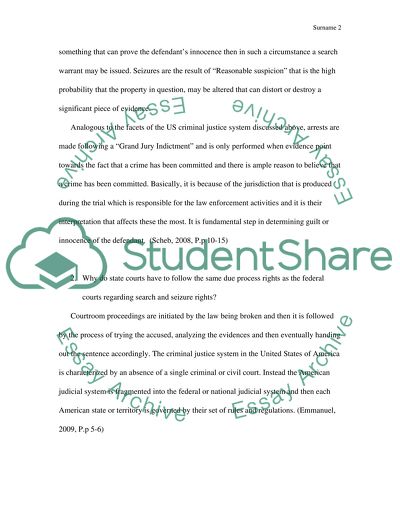Cite this document
(“How does the courts interpretation of due process affect police Essay”, n.d.)
Retrieved from https://studentshare.org/law/1408868-how-does-the-courts-interpretation-of-due-process-affect-police-practices-related-to-search-arrest-and-interrogation
Retrieved from https://studentshare.org/law/1408868-how-does-the-courts-interpretation-of-due-process-affect-police-practices-related-to-search-arrest-and-interrogation
(How Does the Courts Interpretation of Due Process Affect Police Essay)
https://studentshare.org/law/1408868-how-does-the-courts-interpretation-of-due-process-affect-police-practices-related-to-search-arrest-and-interrogation.
https://studentshare.org/law/1408868-how-does-the-courts-interpretation-of-due-process-affect-police-practices-related-to-search-arrest-and-interrogation.
“How Does the Courts Interpretation of Due Process Affect Police Essay”, n.d. https://studentshare.org/law/1408868-how-does-the-courts-interpretation-of-due-process-affect-police-practices-related-to-search-arrest-and-interrogation.


